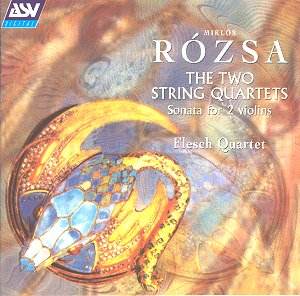 Composer: Lili Boulanger
Composer: Lili Boulanger
Works: Clairières dans le ciel, Trois morceaux pour piano, Quatre mélodies
Performers: Jean-Paul Fouchécourt (tenor), Áonia de Beaufort (mezzo soprano), Alain Jacquon (piano)
Recording: Recorded 16-18 October 1997, Théâtre de Poissy, France
Label: Timpani 1C1042
Lili Boulanger, a prodigious talent cut short by her untimely death at just 25, occupies a unique place in the early 20th-century musical landscape. With her compositions often reflecting the emotional depth and complexity reminiscent of Schubert, Boulanger’s work invites both admiration and exploration. This collection highlights her compelling lyrical gifts and intricate piano textures, offering a notable entry point for those unfamiliar with her oeuvre. The disc presents a commendable assembly of songs and piano works, showcasing the delicate interplay between voice and piano, which is particularly poignant in Boulanger’s music.
Jean-Paul Fouchécourt’s tenor voice possesses a warm timbre and impressive breath control, effectively navigating the nuanced vocal lines found in the songs. The opening track, “Elle était descendue au bas de la prairie,” sets an enchanting tone, despite its brevity. Fouchécourt’s interpretation is marked by subtle shadings and a commendable sensitivity to the text, which sets the stage for the intricacies that follow. The pièce de résistance, “Parfois je suis triste,” exhibits a bold yet deliberate tempo that allows the tenor to delve deeply into the melancholic fabric of the melody. His ability to sustain long phrases while maintaining expressive clarity is a testament to both his technical skill and interpretative insight.
Alain Jacquon’s piano playing provides a rich tapestry against which the vocal lines unfold. The Trois morceaux pour piano serve as engaging interludes, echoing the harmonic language of Fauré while also revealing Boulanger’s distinctive voice. Jacquon’s performance captures the essence of these miniatures, though the recording’s closeness at times risks overshadowing the piano’s delicate nuances. The vibrant interplay between the performers is particularly evident in “D’un vieux jardin,” where Jacquon’s accompaniment accentuates the lyrical lines of the tenor with both restraint and flair.
Áonia de Beaufort, performing the Quatre mélodies, brings forth a nuanced interpretation that complements Fouchécourt’s contributions. The final piece, “Dans l’immense tristesse,” is a notable highlight, showcasing the necessity for a profound connection between text and music. De Beaufort’s articulation and phrasing reveal an understanding that transcends mere technical execution, inviting listeners into the emotional core of Boulanger’s work. The collaborative spirit evident in these performances is a hallmark of this recording, illustrating the importance of teamwork in bringing Boulanger’s intricate musical ideas to life.
The production quality of this Timpani release is commendable, featuring a clear sound that allows for the detailed textures of the piano and voice to emerge distinctly. The accompanying booklet, rich with contextual notes and translations, further enhances the listening experience, making it accessible to an audience that may not be intimately familiar with Boulanger’s linguistic and stylistic subtleties.
This recording stands as a distinguished testament to Lili Boulanger’s artistry, successfully capturing the emotive power of her compositions. The synergy between Fouchécourt, de Beaufort, and Jacquon underscores the depth of Boulanger’s music, making the disc not only a valuable addition to her recorded legacy but also a compelling introduction for new listeners. It is a must-have for those seeking to explore the nuanced beauty of early 20th-century French song.



